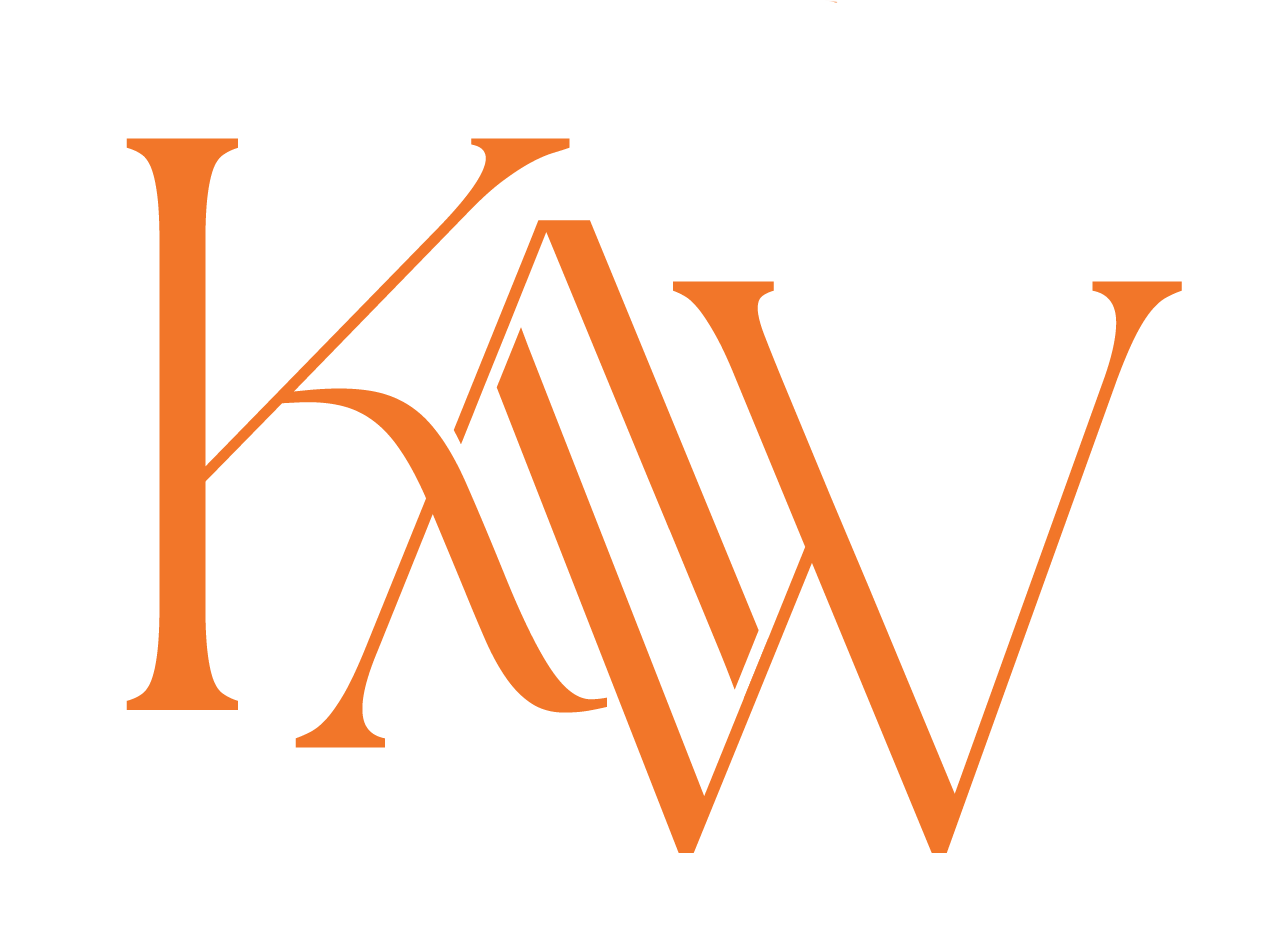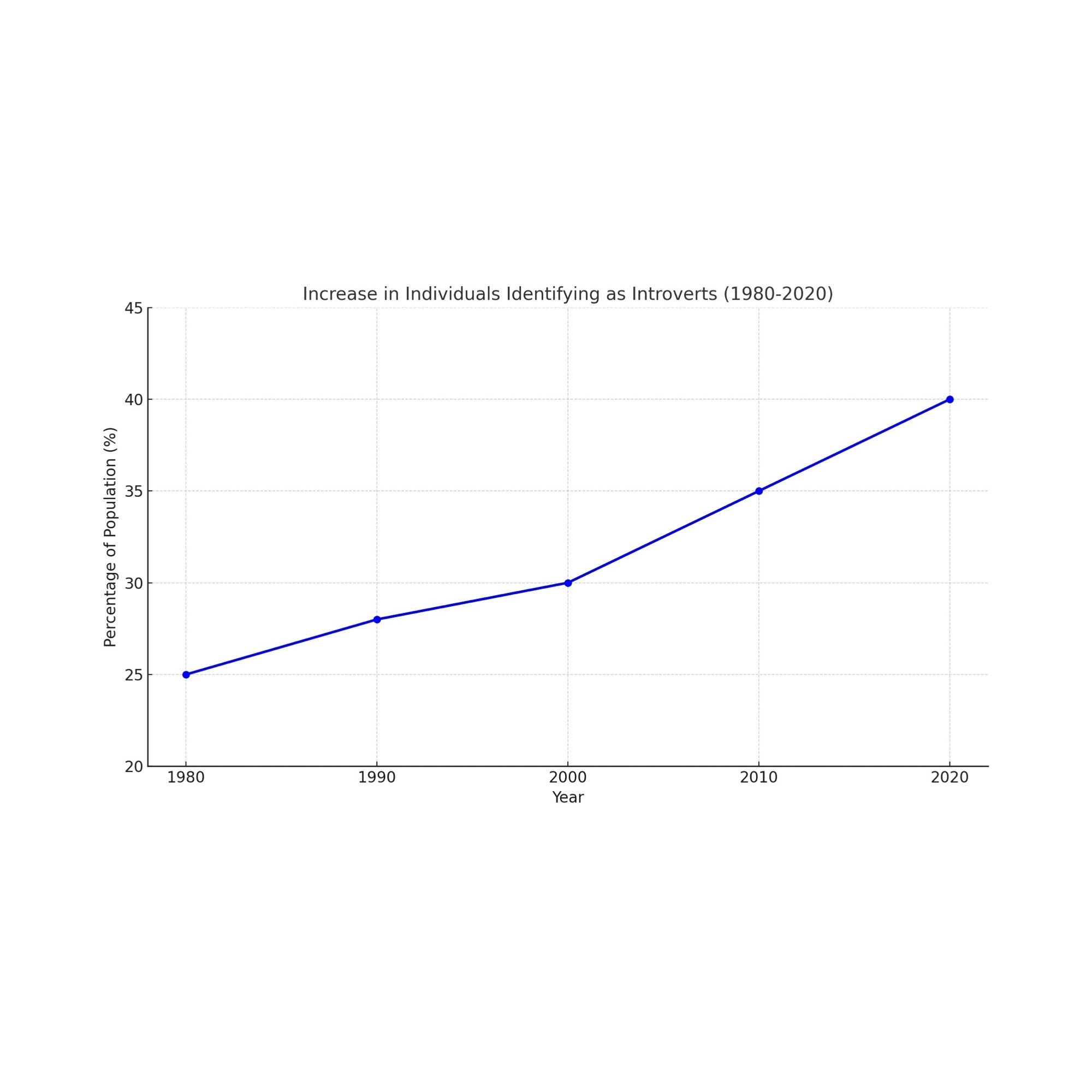New Media & Introverted Success:
How Digital Media Positively Impacts Introverts in Their Careers
Kayla A. Wilson
Southern New Hampshire University
COM510: Web Knowledge & New Media
Professor Matt E. Stevens
December 2024
Hi there, I’m Kayla.
I am a seasoned social media and public relations professional with a passion for storytelling and creative expression. An introvert at heart, I am also a published photographer and classical musician, currently advancing my expertise by pursuing a Master’s in Communications.
In today's digital world, New Media is transforming how introverts build successful careers by enabling authentic, controlled communication that aligns with their strengths.
Unlike traditional networking, platforms like blogs, vlogs, and email marketing offer introverts the ability to share their expertise thoughtfully, without the pressure of face-to-face engagement. Blogging allows introverts to craft in-depth insights at their own pace, vlogging enables them to connect visually with audiences while maintaining control over timing and tone, and email marketing offers a way to communicate directly and effectively with clients or followers. These platforms empower introverts to showcase their unique perspectives, helping them "show up" confidently in professional spaces on their terms. With over two decades in PR and social media, I understand the value of these tools in building a career that resonates with authenticity and strategic influence, and I’m excited to help others leverage New Media to connect, inspire, and lead.
The rise of digital media has opened doors for introverts to thrive in their careers by offering tools for communication that align with their strengths and preferences. Online platforms allow introverts to participate meaningfully without the pressures of constant face-to-face engagement, which can be energy-draining. For instance, blogging and vlogging provide spaces where introverts can craft thoughtful messages that convey their expertise at their own pace (Reid, 2023). This method of engagement lets introverts establish their brand effectively without sacrificing authenticity.
The Benefits of Introversion:
Introversion offers a range of benefits that can be valuable in personal and professional contexts, especially when leveraging new media. As highlighted in Breit’s (2018) Time article, introverts excel in areas such as thoughtful communication, active listening, and fostering meaningful connections. These traits enable them to approach relationships and leadership roles intentionally, often resulting in deeper understanding and trust. Emphasizing introverts’ reflective nature allows them to analyze situations thoroughly, contributing to well-informed decision-making and strategic thinking is paramount when considering an introvert's role professionally. While introversion is sometimes misperceived as shyness or aloofness, this perspective underscores its potential to enrich interactions and problem-solving. However, as research acknowledges, these strengths may be less visible in environments that favor extroversion, suggesting a nuanced approach is necessary when assessing introversion’s role in various settings (Breit, 2018).
Social Media For Introverts - Podcast
In The Mindful Marketing Podcast, Tara Reid, known as "The Introvert Coach," provides actionable strategies tailored for introverts in social media marketing. Reid’s episode on “Social Media for Introverts” explores how introverted entrepreneurs can maintain an authentic online presence without feeling drained or forced into extroverted behavior.
Reid, T. (2023, September). The Mindful Marketing Podcast (formerly known as The Savvy Social Podcast). Apple Podcasts.
People Need People:
Emphasizing the importance of identifying individualized social incentives to better understand affiliation motivation, particularly in groups like introverts, who may express social needs differently.
Further research on affiliation motivation provides a nuanced understanding of interpersonal behavior by introducing the Interpersonal Orientation Scale (1987), which measures four dimensions of social motivation: social comparison, emotional support, positive stimulation, and attention. Through rigorous factor examinations, the study validated these dimensions as distinct yet interrelated, demonstrating their relevance to specific social behaviors while maintaining minimal overlap with unrelated constructs (Hill, 1987). Experiments further confirmed that individuals’ motivational tendencies align with their behaviors in corresponding social contexts, offering empirical support for the scale’s predictive applicability and accurate use. While the study’s methodological strengths, such as robust statistical validation enhance its credibility, its focus on a limited demographic and temporal context may restrain the generalization of its findings to broader and more contemporary populations (Hill, 1987).
Additional studies show that introverts tend to use social media differently than extroverts, favoring platforms that allow for observation and selective interaction rather than broad engagement (European Business Review, 2023). For example, introverts often choose platforms that support more passive forms of connection, such as Facebook, which offers opportunities to engage on their terms without requiring extensive self-disclosure (European Business Review, 2023). Additionally, studies on personality and internet usage reveal that traits associated with introversion, such as conscientiousness and openness, are linked to deliberate and selective engagement in digital spaces (Kim & Jeong, 2015). This allows introverts to focus their online activities on fulfilling professional needs, like staying informed and networking within specific niches, without overwhelming themselves.
The unique structure of social media platforms also plays a role in bridging the communication gap for introverts. According to Rayo (2021), introverts can find meaningful social interaction through structured environments like TikTok, where they can engage with content and connect with others in controlled, predictable ways. This form of engagement is especially beneficial for introverts with social anxiety, as it offers an alternative to face-to-face networking by facilitating genuine connections in a more comfortable, online setting.
For introverted leaders, managing their social media presence thoughtfully is crucial to avoid burnout. The Young Entrepreneurs Council (2024) suggests practical strategies, such as using scheduling tools and engaging selectively, which help introverts maintain a strong online presence without feeling drained. This approach enables them to highlight their skills and expertise in ways that align with their natural preferences. Additionally, structured digital communication methods—such as email newsletters and LinkedIn posts—help introverts control their message and timing, allowing them to contribute to conversations thoughtfully (Reid, 2023). By leveraging these tools, introverts can achieve visibility in their field, build credibility, and develop a professional network that respects their communication style.
New Media offers introverts the flexibility to engage on their terms, allowing for a professional online presence that reflects their personality. These digital platforms not only help them avoid the exhaustion that often accompanies traditional networking but also create a pathway for them to showcase their talents and advance their careers authentically.
The Real Challenges:
Despite the clear benefits of introversion, scientist Erica McIntyre (University of Technology Sydney), examined the interplay and challenges between introversion, social connectedness, and compulsive Internet use, offering insights into how personality traits influence online behaviors. When surveying Australian university students, the research identified a correlation between introversion and symptoms of compulsive Internet use, suggesting that introversion may mediate the effects of online interactions on social connectedness (McIntyre, 2015).
These findings recognize the potential for introverted individuals to experience heightened negative impacts from compulsive Internet use, particularly regarding social well-being both with interpersonal and online relationships. The strengths of the study include its focus on the understudied relationship between personality traits and Internet behaviors and its use of standardized measurement tools to ensure reliable results. However, it is important to acknowledge the limitations such as reliance on self-reported data, a relatively small and homogeneous sample of university students without extensive professional development experience, and the inability to establish causation highlight areas for future research.
Social Media: Expression in Action
This Medium article by Well Today explores the distinct ways introverts and extroverts engage with social media, offering an insightful perspective on how digital platforms cater to both diverse communication styles. Introverts are portrayed as leveraging the anonymity and design of social media to express themselves more freely than they might in face-to-face settings (Sato, 2024), while extroverts are shown using these platforms to expand and strengthen their social networks. By examining these behaviors through a psychological lens, the article sheds light on how online environments help bridge communication gaps influenced by personality traits, making it a relevant resource for understanding user engagement.
TIPS FOR INTROVERTS
Leverage Scheduling Tools to Manage Energy: Introverted professionals can maintain a consistent online presence without constant engagement by using scheduling tools to pre-plan posts. This allows them to balance their social media presence with their energy levels, preventing burnout (Young Entrepreneurs Council, 2024).
Tailor Content to Intellectual and Solitary Interests: Introverts are often drawn to content that aligns with their intellectual and introspective preferences. By curating and sharing posts on niche topics they’re passionate about, introverts can engage in meaningful conversations that resonate with their interests while building a relevant network (Kim & Jeong, 2015).
Focus on Platforms with Controlled Interaction: Introverts may find more comfort in platforms which allow for passive observation and controlled engagement. Using platforms that support less immediate or intense interaction helps introverts maintain meaningful connections without feeling pressured to constantly participate (European Business Review, 2023).
Utilize Content Forms that Allow Thoughtful Messaging: Blogging and vlogging offer introverts the chance to communicate deeply and thoughtfully, conveying their expertise at their own pace and comfort level. This method ensures introverts can showcase their strengths authentically without the pressure of real-time interaction (Reid, 2023).
You are not alone: The proportion of individuals identifying as introverts has been documented to range from 25% to 40% globally (Cain, 2012). Over recent decades, this figure appears to have increased (Brainwise Mind, 2024), influenced by factors like shifting cultural attitudes and more widespread recognition of introversion as a personality trait rather than a social deficiency. For example, the Myers-Briggs Type Indicator reports around 30% of respondents are introverted, while other studies show numbers as high as 40% in specific regions like Europe (Cain, 2012).
This rise may also reflect evolving societal norms that better accommodate and validate introverted behaviors, such as remote work and quieter environments. The growing use of personality assessments and self-identification tools has further highlighted this shift (Myers & Briggs Foundation, 2024).
Keep In Touch:
Sign up to receive updates and more on my upcoming Podcast release.
hello@kaylaannewilson.com
Tulsa, Oklahoma
References
Brainwise Mind. (2024). What percent of the world is introverted: Discover eye-opening statistics and insights. Retrieved from https://brainwisemind.com/what-is-the-percentage-of-introverts-in-the-world/
Breit, C. (2018, August 27). The surprising benefits of being an introvert. Time. https://time.com/5373403/surprising-benefits-introvert/
Cain, S. (2012). Quiet: The power of introverts in a world that can’t stop talking. Broadway Books.
European Business Review. (2023, March 20). How introverts and extroverts use social media differently. The European Business Review. https://www.europeanbusinessreview.com/how-introverts-and-extroverts-use-social-media-differently/
Hill, C. A. (1987). Affiliation motivation: People who need people… but in different ways. American Psychological Association. https://psycnet.apa.org/doiLanding?doi=10.1037%2F0022-3514.52.5.1008
Kim, Y., & Jeong, J. S. (2015, June 1). Personality predictors for the use of multiple internet functions. Internet Research. https://www.emerald.com/insight/content/doi/10.1108/IntR-11-2013-0250/full/html
Myers & Briggs Foundation. (2024). The prevalence of introversion. Retrieved from https://www.myersbriggs.org
Rayo, N. (2021). The usage of social media to fulfill social needs in introverts. UCF Library. https://stars.library.ucf.edu/cgi/viewcontent.cgi?article=2187&context=honorstheses
Reid, T. (2023, September). The Mindful Marketing Podcast (formerly known as The Savvy Social Podcast). Apple Podcasts. https://podcasts.apple.com/us/podcast/the-mindful-marketing-podcast-formerly-known-as-the/id1390672198
Well Today, & Sato, K. (2024, February 27). Introversion, extroversion, and social media. Medium. https://medium.com/illumination/introversion-extroversion-and-social-media-f40f61a4bcee
Young Entrepreneurs Council. (2024, August 12). Council post: 10 ways introverted leaders can master social media. Forbes. https://www.forbes.com/councils/theyec/2020/01/13/10-ways-introverted-leaders-can-master-social-media

